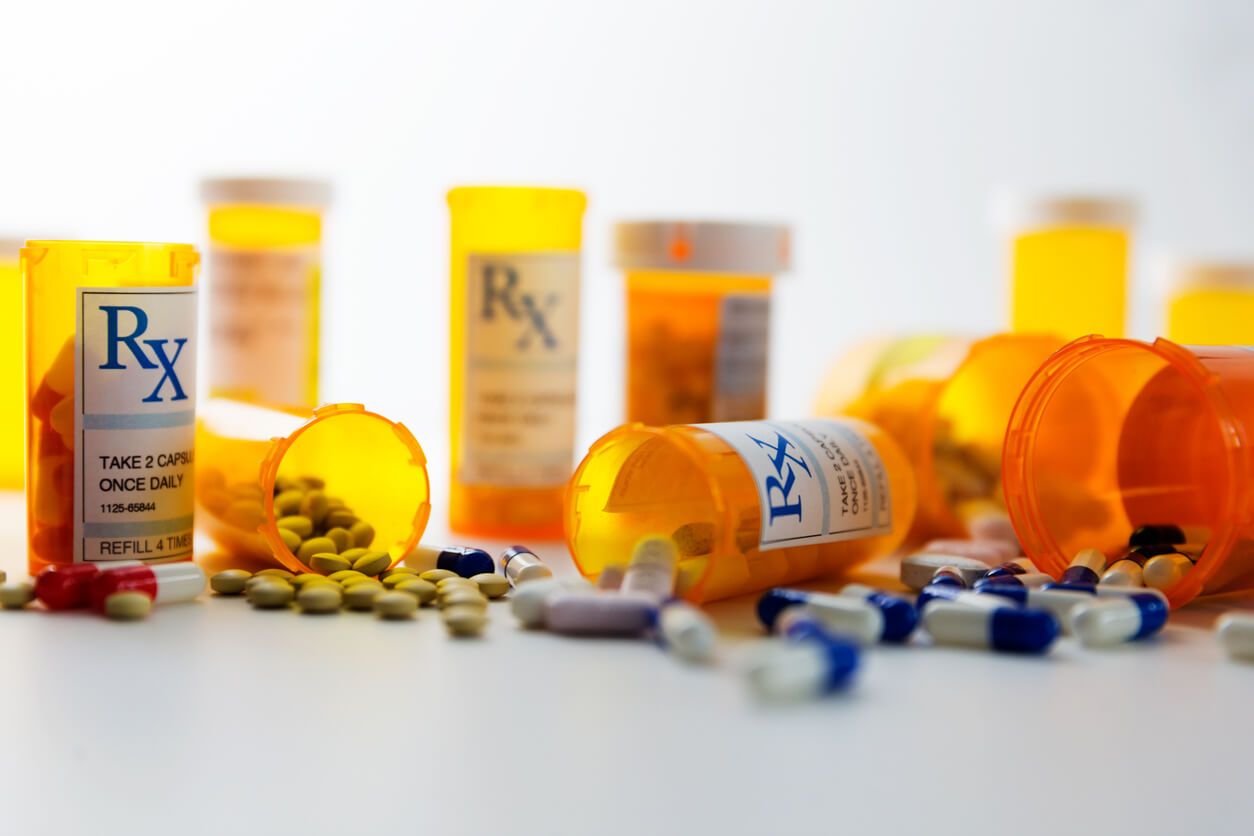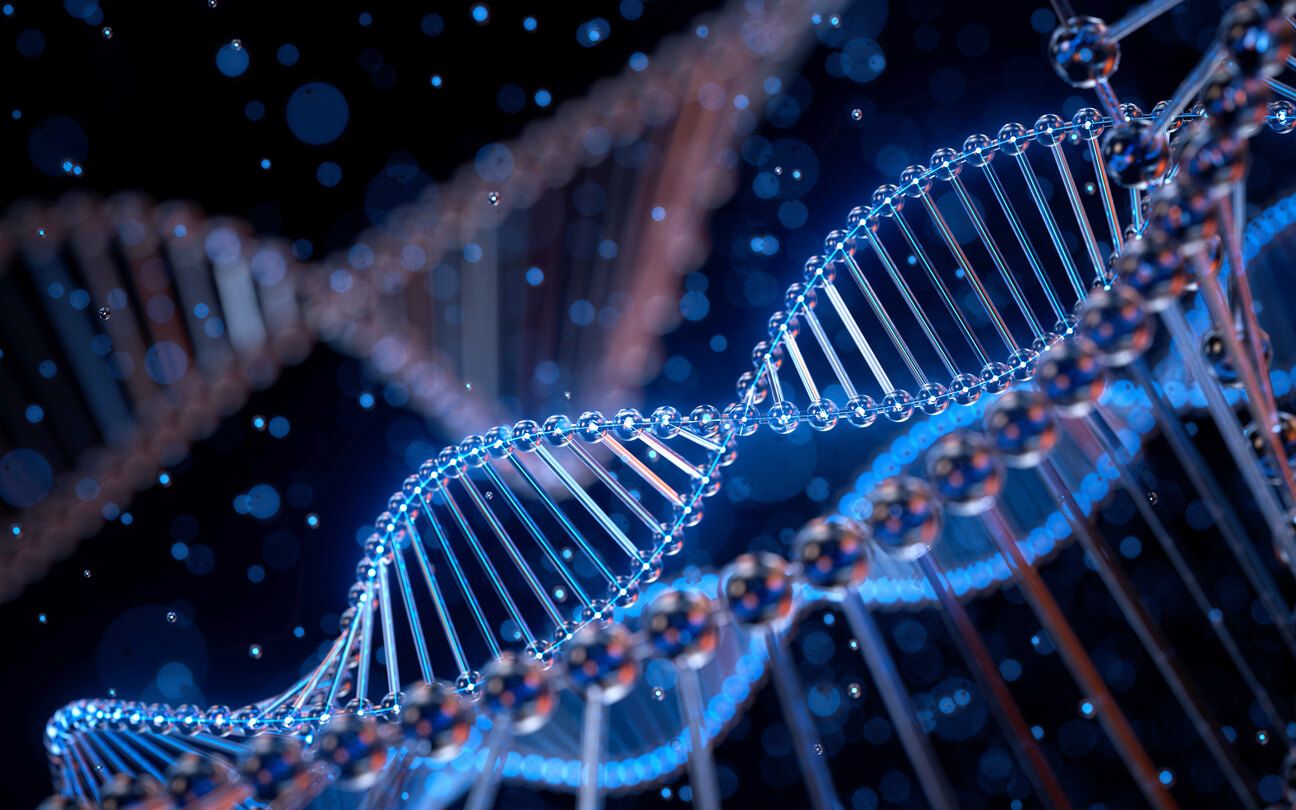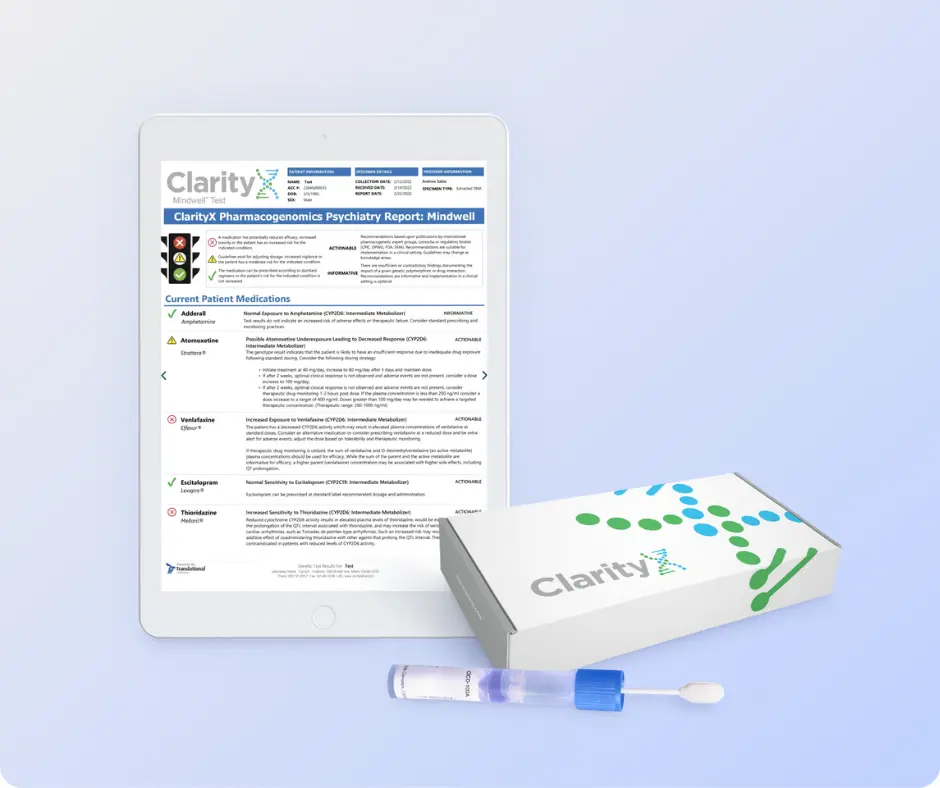It is normal to feel sad from time to time. However, if that sadness persists, it might be depression. Depression is more complicated than the temporary feeling of sadness – it is a serious medical illness that negatively affects the way you think, how you feel, and how you act. It can also interfere with our daily functionality and everyday activities like work or school.
Fortunately, depression is treatable. Determining if what you are experiencing is a result of depression will be the first step toward treatment and how to overcome the problem. We have compiled a list of symptoms of depression that can help you better determine if you're experiencing signs of depression.
Feelings of Hopelessness
Major depressive disorder affects the way people feel about life. One of the most common symptoms is having a helpless outlook on their lives. One would also experience recurring thoughts and feelings of worthlessness and self-blame, often thinking that things will never get better and that there is nothing that they can do to improve the situation.
Irritability
You might notice increased agitation, restlessness, or even some violent outbursts of behavior that were not present in the past. The condition causes low tolerance levels and short tempers where individuals are triggered by a lack of sleep, life-stressing events, hormonal changes and low blood sugar levels.
Affected Concentration
Sometimes you feel that your mind is all over the place. You have trouble focusing and remembering things. These feelings of disorientation and impacted levels of lack of concentration can take a toll on your judgment as well. You may have problems with making decisions or find yourself engaging in dangerous behaviors like drinking alcohol or substance abuse.
Loss of Interest
A loss of interest in participating in activities you previously enjoyed – hanging out with friends, doing sports, or watching movies – is another sign of depression. Symptoms of the condition can also include a lowered sex drive.
Changes in Sleep Habits
The condition can cause oversleeping or insomnia, where you might find yourself either being unable to sleep or often waking up very early in the morning. Both eventually lead to increased fatigue and lack of energy, where you notice yourself constantly feeling sluggish and physically drained by just completing simple tasks.
Changes in Appetite
It is noticed that persons with depression experience fluctuations in their weight and appetite. Some may find themselves with increased appetite and end up gaining weight, while others may lose their appetites and likewise lose weight. In the majority of cases, the dietary changes are unintentional and subconscious.
When to Get Help
If you have been experiencing one or more of the above symptoms for a few weeks already, you may be affected by depression. It is essential that you seek treatment if you are experiencing signs of depression. If you are diagnosed with depression by a provider or mental health professional and are prescribed medication it is recommended you take a ClarityX Mindwell test to let your ordering provider know what depression medications will work best based on your genetics.
Remember that you are not alone in this journey. Depression affects many people worldwide and there are various treatment options available. With medical and professional help, you can take the right steps to get your life back together.





